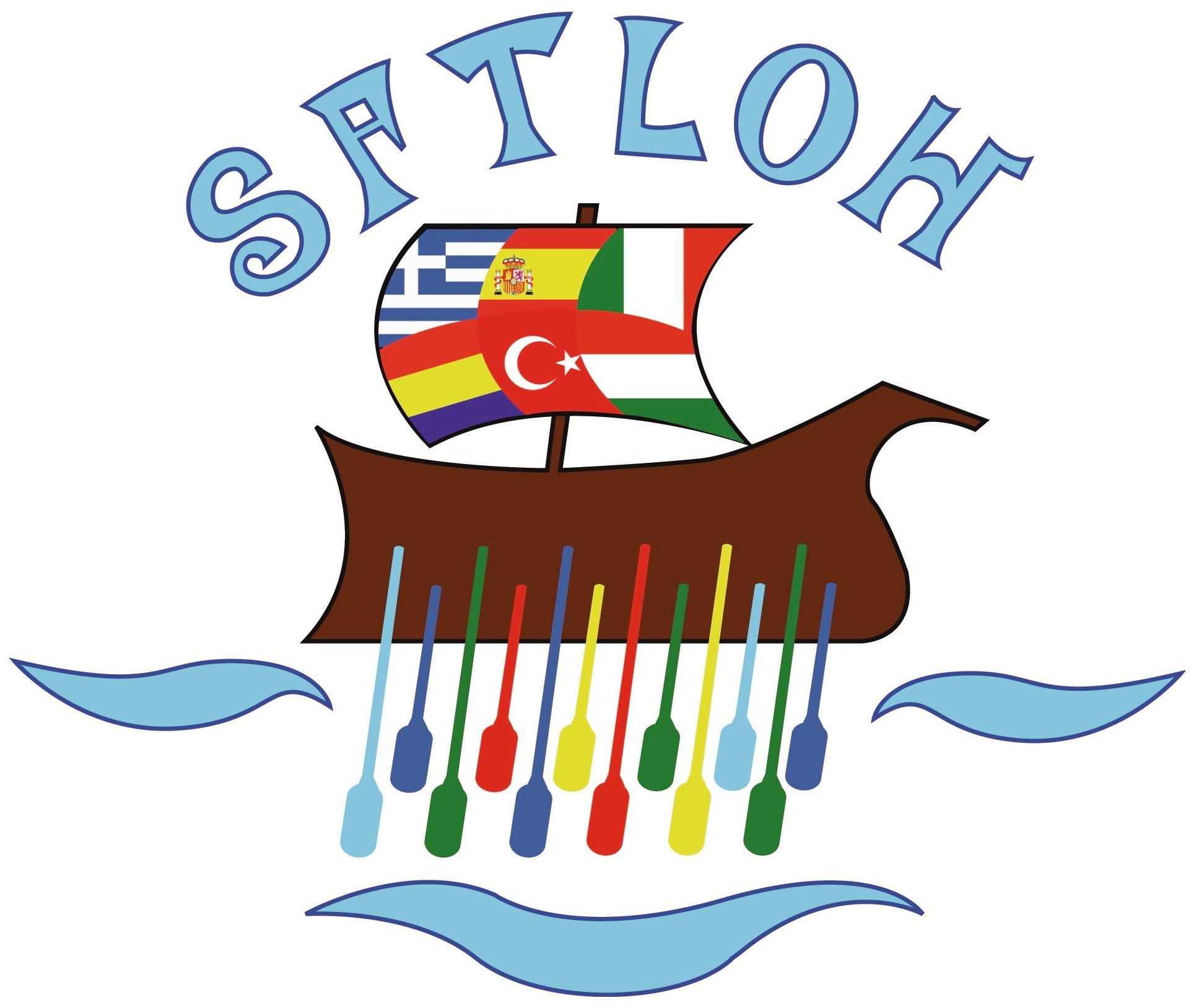Searching for the Labours of Hercules
Erasmus+ KA2
2014-1-TR01-KA201-012990

Summary of the project
In its capacity our partnership is proposing to develop, create and operate innovative teaching and learning materials that may be used at different High schools and can be transfered to different classes and education systems such as an online game, an interactive comics, an interactive travel guide on the thematic trip of Hercules with the contribution of pupils at different partner schools. With the help of the open access learning platform and pysical mobilities, we will be providing the teachers to enhance their abilities of innovative approachesand implement them into their own experiences.
We aim to probe into the labours of the mythological hero Hercules,being used as a means of working on different cultures around Europe using ICT tools. Our organisations are mainly situated at places where the labours of Hercules is believed to have taken place. The new labours will then be appointed to him about the cultural values of the partner organisations that affect our European community and we will implement interactive comic for windows/mac computers and extensively to android and IOS. The main concentration of our pupils will be the cultural diversity and the strategic use of the ICT tools. Also we want to enable the teaching staff at our partner organisations to acquire the use of the technology in their respective teaching experiences with the support of Aspete and Hacettepe University, which are specialized in the promotion of applied research in pedagogical applications of ICT in education, educational technology and pedagogy. In this respect each project meeting will be embedded by the short term activities for learners and joint staff training events. The aim of these events will to enable both the pupils and the teachers to acquire enough information that they will make use of during the project activities by the two partner such as the interactive comics and the travel guide. Supposedly the indispensable part of the mythology was the language ancient Greek which is not a part of the curriculum in some of the partner countries. We also want to help students summon up the courage to learn enough ancient Greek understand the inscriptions on the historical sites integrating it into the online game and the other outputs. All the target objectives will also be carried out on the online learning and teaching platforms.
The experiences gained during the events then will be used to contribute in creating the outputs of the partnership such as the online game, an interactive comics prepared with the ICT tools an thematical travel guide of the trips of Hercules, etc. We also want to help the pupils to pay enough value on the diversity of cultures, the historical places, and the idea of common European citizenship. We will carry out the partnership with an eTwinning project to help students to acquire knowledge of web 2.0 tools and to reinforce interaction between partners. For this purpose, we will run activities through the eTwinning platform. The activities will also enhance their competence in foreign languages. In some of the partner schools there are a considerable number of students with special needs. In order to assure the integration of these students in the development of our project we will design activities which will allow us to involve students in modeling activities through the use of ICT skills for laptops, tablets and mobiles. We will help dyslexic and dysgraphic students or poor spellers to get good results, ensure that students in difficult financial situations, improve language skills of students to promote cooperative learning.
We want to provide students to built their own interactive community of informed and passionate individuals as proud of their European as well as national identity by helping to exchange the idea of Europe in the eyes of them through a fun experience on the basis of our common heritage and the culture as well as creating materials that will be used after project.
Duration of the project: 36 months (1st September, 2014 – 31st August, 2017)
